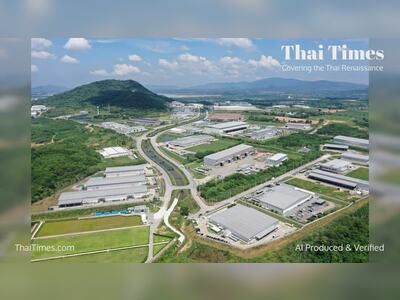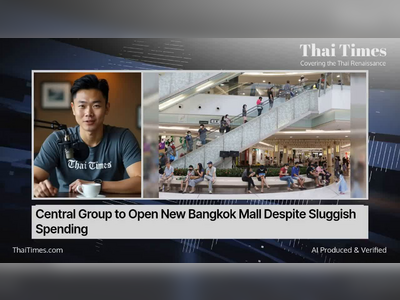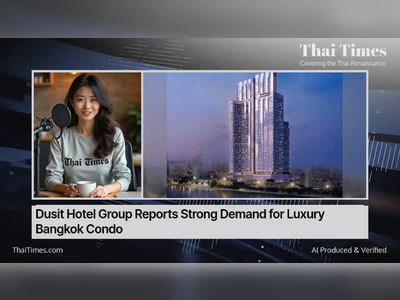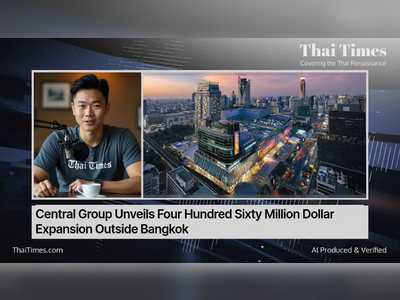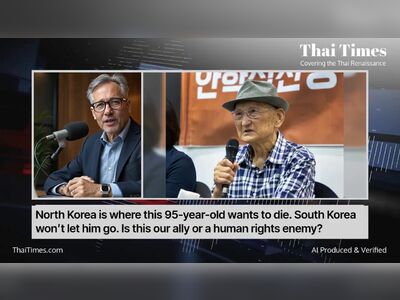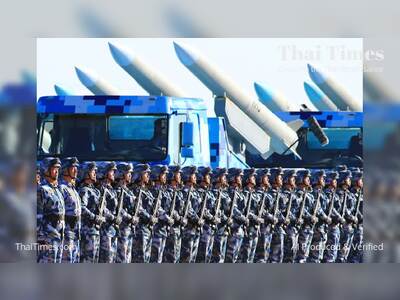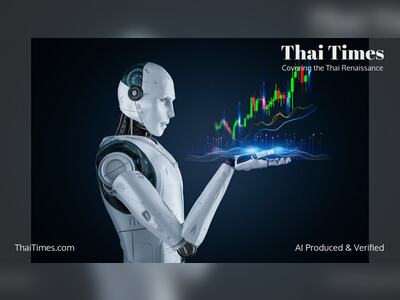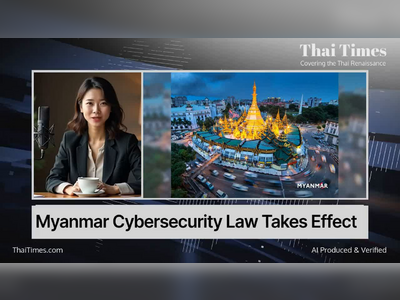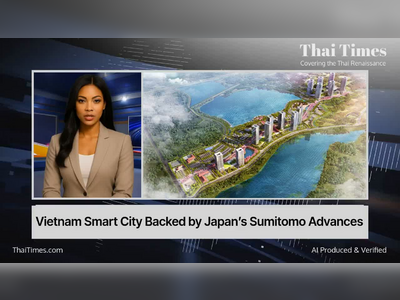As the Constitutional Court approaches its fourth decade, its key challenges include maintaining public trust and neutrality
As the Constitutional Court approaches its fourth decade, its key challenges include maintaining public trust and neutrality amid political interference aimed at altering its composition, said Judge Chiranit Havanond.
He explained that the Court was established under the 1997 Constitution and, from 1998 to 2006, focused on reviewing whether statutes complied with the Constitution. In this first decade, the Court defined its jurisdiction, limiting review to acts of Parliament and excluding ministerial regulations, local council rules, or executive orders.
Chiranit said that during the second decade (2007–2014), amid political crises, the Court played a critical role in resolving disputes such as the removal of Prime Minister Samak Sundaravej over conflict of interest and rulings against proxy voting. (Note: Samak, leader of the People’s Power Party, was brought before the Court in 2008 after senators and the Election Commission accused him of violating the Constitution by being a paid employee of a private organisation that hired him to host a cooking show.)
Chiranit added that since 2017, under the current junta-drafted Constitution, the Court’s role has expanded to include constitutional complaints against state agencies. Political disputes intensified with numerous party dissolutions for violations including improper candidate nominations and financial misconduct. Notably, the Court ruled that certain National Council for Peace and Order (previous junta) orders, valid during emergencies, became unconstitutional once normalcy returned—marking Thailand’s first judicial review of coup-related directives.
He also pointed to other significant cases before the Court, such as the drafting of a new constitution requiring a referendum by the sovereign people, and restrictions on freedoms aimed at protecting the democratic monarchy. He said the Court ruled that actions intending to undermine the monarchy constitute erosion of the constitutional order and must cease. (Note: This referred to the dissolution of the Move Forward Party for attempting to amend the lese-majeste law, Section 112 of the Criminal Code.)
Looking ahead, Chiranit said the Court must withstand political pressures. He further raised emerging legal challenges posed by artificial intelligence (AI), especially when state agencies use AI autonomously in ways that may infringe on citizens’ rights. He said the Court will need to address questions of liability and constitutional protections in this evolving area.
